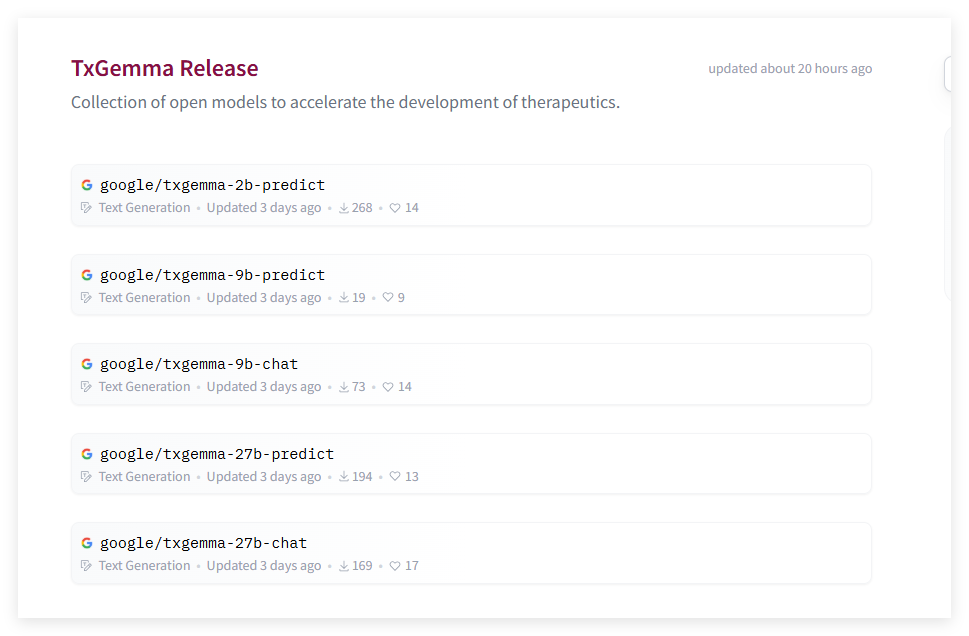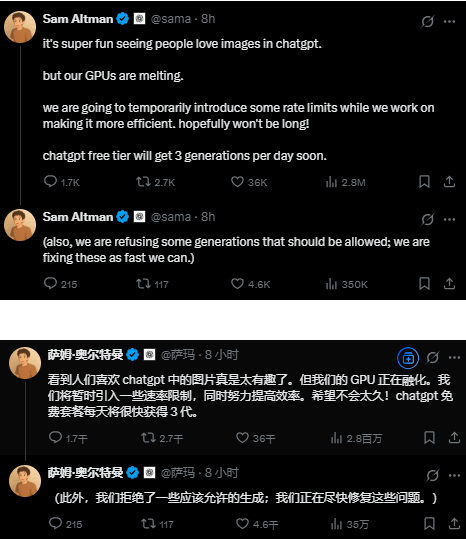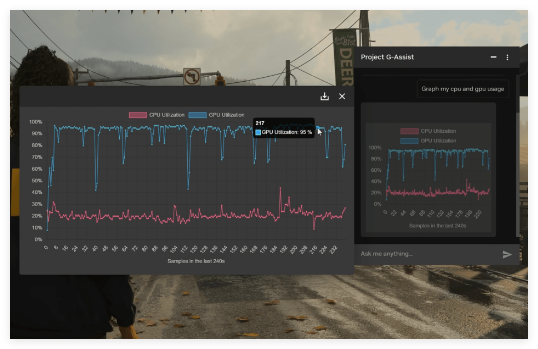The Spanish government recently released a new draft aimed at using artificial intelligence to generate images of minors or others' faces and bodies. This move targets the risks brought by deepfake technology, especially the harm of forgery of pornography to minors.

According to Attorney General Felix Boranos, the draft regards “deep falsification of gender or serious insulting nature” as a crime against moral integrity. This means that there will be legal sanctions for the generation of false pornographic content without consent. In recent years, there have been many cases of fake nude images of minors in Spain, some of which have even been used for ransomware.
In addition, the draft requires mobile phone and tablet manufacturers to install free parental control systems by default to help parents monitor minors’ Internet access behavior. At the same time, online influencers need to adopt an "age verification system" to ensure that the audience meets age requirements. The proposal aims to protect the rights and interests of young people in the digital age and address new challenges brought about by technological development.







